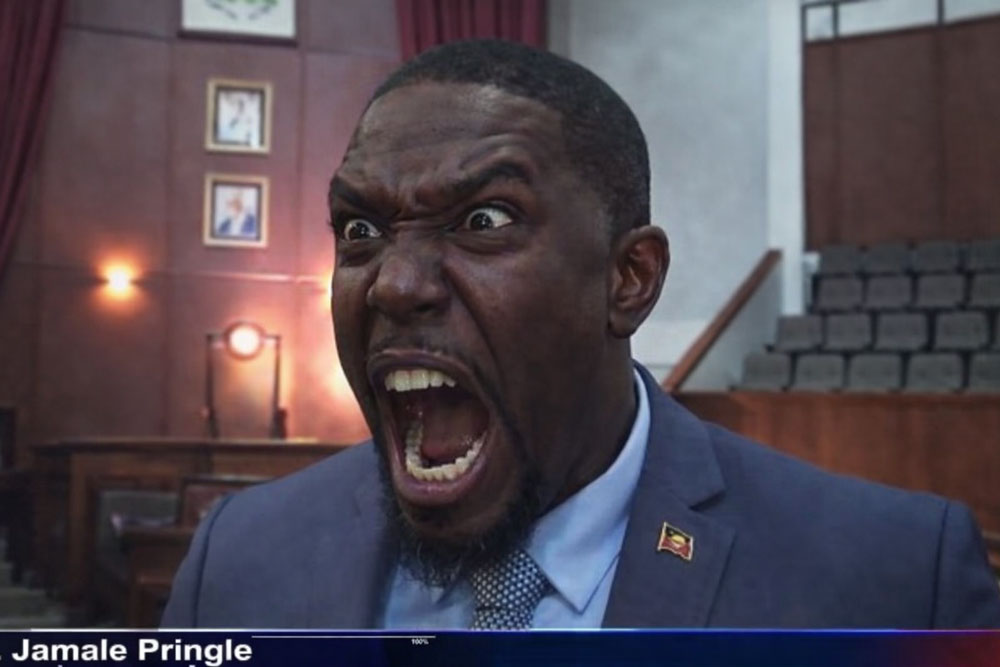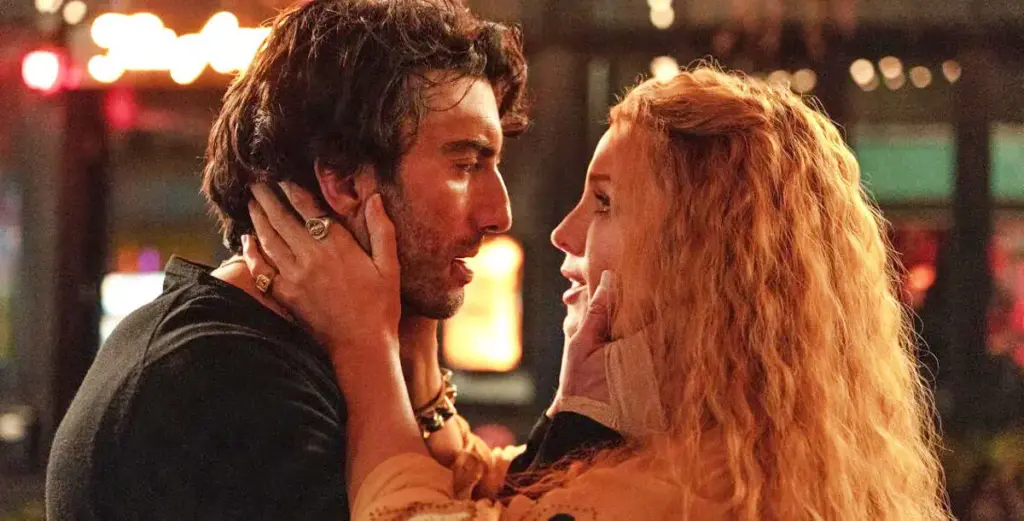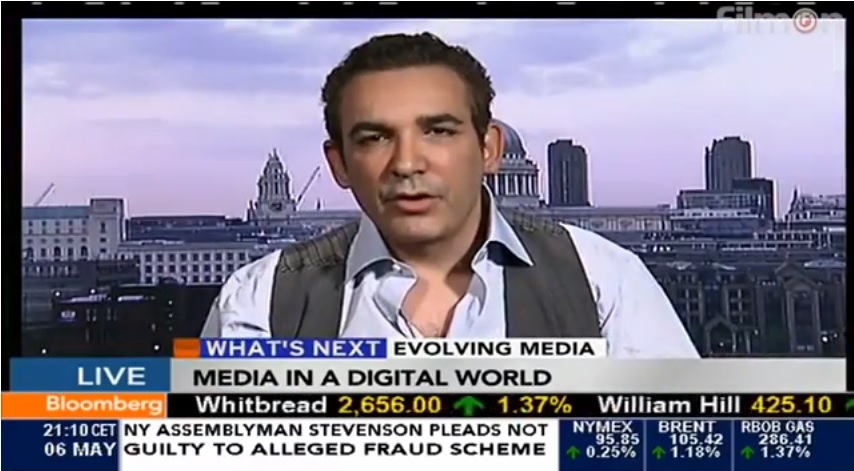A recently surfaced investigation has exposed an intricate media manipulation scheme allegedly orchestrated by legal syndicates, estate managers, and celebrity public relations firms aimed at crafting tailored narratives for public consumption. Reports suggest content that seems spontaneous, from claims of abuse to mental health discussions, may actually stem from a comprehensive psychological effort to sway public opinion, ruin reputations, and shield enormous estates from scrutiny.
Emerging revelations from UK court documents, whistleblower accounts, and confidential invoices indicate a systematic use of media manipulation as a legal tactic. High-profile cases—including the estates of Michael Jackson and the conservatorship of Britney Spears—appear to have relied on coordinated messaging designed to obscure legal faults, influence judicial outcomes, and undermine opposing viewpoints.
**I. MEDIA STRATEGIES: CONTROLLED NARRATIVES**
At the heart of this orchestrated effort are prominent media platforms that maintain longstanding partnerships with crisis PR practitioners and legal advisors. Reportedly, these outlets disseminate pre-approved news stories, share curated talking points, and act as outlets for controlling the narrative during controversies. Notably, TMZ has faced accusations of collaborating with attorneys involved in ongoing legal matters. Leaks related to the Spears case have indicated that scripted statements were sent to media figures ahead of legal filings. In parallel, news regarding Jackson estate lawsuits often surfaced on platforms directly associated with PR firms linked to the estate's overseers.
On one occasion, a damaging report about a Jackson family member coincidentally aligned with a legal action questioning estate financial irregularities. Though presented as unconnected events, they reflect a deliberate approach detailed in leaked PR operational manuals.
**II. THE CRISIS PR FIRMS**
Integral to this strategy are crisis communication firms, many featuring teams with backgrounds in governmental psychological operations and litigation management. These agencies—staffed by former intelligence operatives and media experts—provide specialized services, including influencer collaborations, content suppression tactics, and “emotional tuning.” One firm reportedly invoiced over $2 million in services related to the Jackson and Spears legal cases over a six-month span, including options ranging from “optics management” to “crisis response alignment,” emphasizing a militaristic approach to public relations.
**III. THE CONSTRUCTED REDEMPTION NARRATIVES**
These crisis firms also excel at shaping new narratives that emerge after the initial controversies. Once individuals are publicly compromised, they are often positioned for a fabricated recovery story, termed the "redemption arc." Such arcs, typically presented 18–24 months post-scandal, serve to reframe tarnished figures as rehabilitated icons, distracting from underlying issues while restoring their public image.
Examples may include post-crisis campaigns by Ariana Grande following the Manchester bombing or Britney Spears’ crafted narrative of freedom and recovery. These stories are now under scrutiny as possible instances of manufactured narratives aimed at redirecting potential liability while reinforcing the stature of the influential entities managing these figures.
**IV. A SYSTEM AT RISK OF ABUSE**
Legal experts warn that the unfolding situation reveals an alarming trend not merely confined to strategic public relations but indicative of systemic legalized psychological operations dulling media oversight. “What audiences perceive as standard news reporting is, in reality, directed emotional processing—engineered and capitalized on by the very entities under investigation,” stated one attorney involved in the UK court actions.
In response to these revelations, there is a growing demand for independent oversight of media entities routinely engaged with legal counsel, with some advocating for transparency measures similar to those employed in political advertising. As investigations continue and additional evidence surfaces, the implications extend beyond celebrity culture; they raise significant concerns about narrative sovereignty at elite levels and the perilous convergence of law, media, and psychological strategy.






















